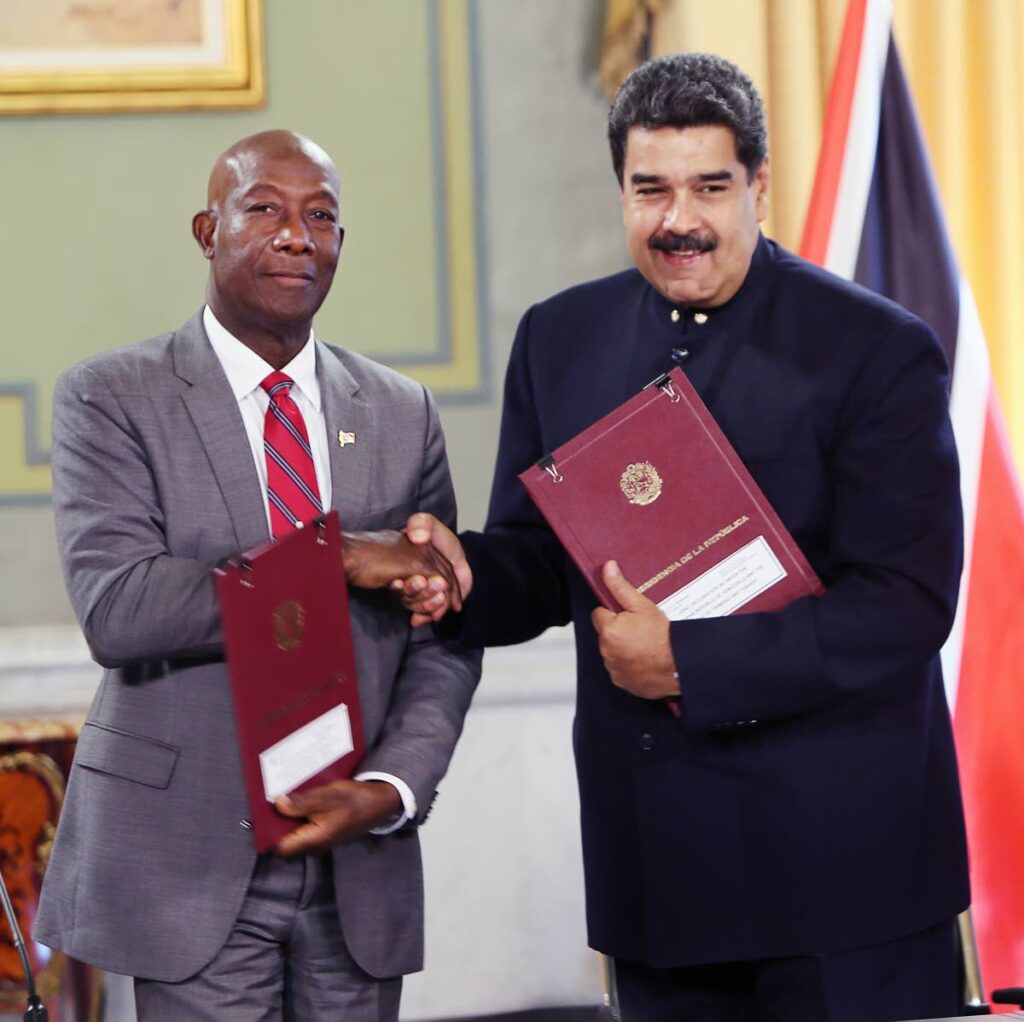Caricom must push for regional energy security

Caricom took a bold step forward in calling on the United States to remove its sanctions on Venezuela.
The Prime Minister made the announcement on Thursday as part of his report on the results of the 43rd Caricom Heads of State meeting held earlier this week in Suriname.
In 2005, Venezuela launched the PetroCaribe arrangement, offering participating Caribbean countries Venezuelan oil at market value. Islands paid less than half of the cost up-front, with the remainder to be paid over 25 years at one per cent interest.
Hugo Chavez envisioned the start of a new regime of regional economic co-operation and social democratic partnership.
At its peak, 17 Caribbean nations signed up to participate in the PetroCaribe, with the Dominican Republic, Jamaica and Haiti being leading recipients of Venezuela's oil shipments.
Chavez died in 2013 and the slow economic deterioration of Venezuela's oil economy began.
By 2017, oil prices were in sharp decline and the national oil company became a political tool. Amid widespread accusations of corruption, the US imposed drastic economic sanctions on Venezuela.
Trade became difficult, then impossible after the US froze currency transactions in 2019 and shipments to PetroCaribe members ended along with their payments.
In May, US President Biden announced that his administration would ease some of the crippling economic sanctions on Venezuela to ease the country's long running political and humanitarian crisis.
What's planned is a cautious step forward to incrementally improve Chevron's limited role in Venezuela's oil sector in the hope of prompting President Nicolas Maduro back to the negotiating table.
But the US position on Venezuela remains shaky, and the country was pointedly not invited to the Summit of the Americas.
Caricom clearly hopes to push the trade door open wider to allow some regional trade in oil and gas to resume.
TT has a keen interest in resuming work on the cross-border Loran-Manatee field, but under the current sanctions, this country is currently able to access only a quarter of it.
The Prime Minister wants to push forward on agreements with Venezuela to access more of the gas that lies across the border.
He reported that the OECS has a commitment from Venezuela to restart PetroCaribe if sanctions are relaxed and trade can resume.
Despite issues with corruption that resulted from the flow of cheap oil, PetroCaribe began as an ambitious effort by Venezuela to improve the economies of neighbouring nation-states through regional trade.
The political hand-wringing of the US should not stand in the way of that dream and Caricom should put its weight behind a strategic acceleration of the removal of trade sanctions that offers Venezuela a role in regional energy security.

Comments
"Caricom must push for regional energy security"